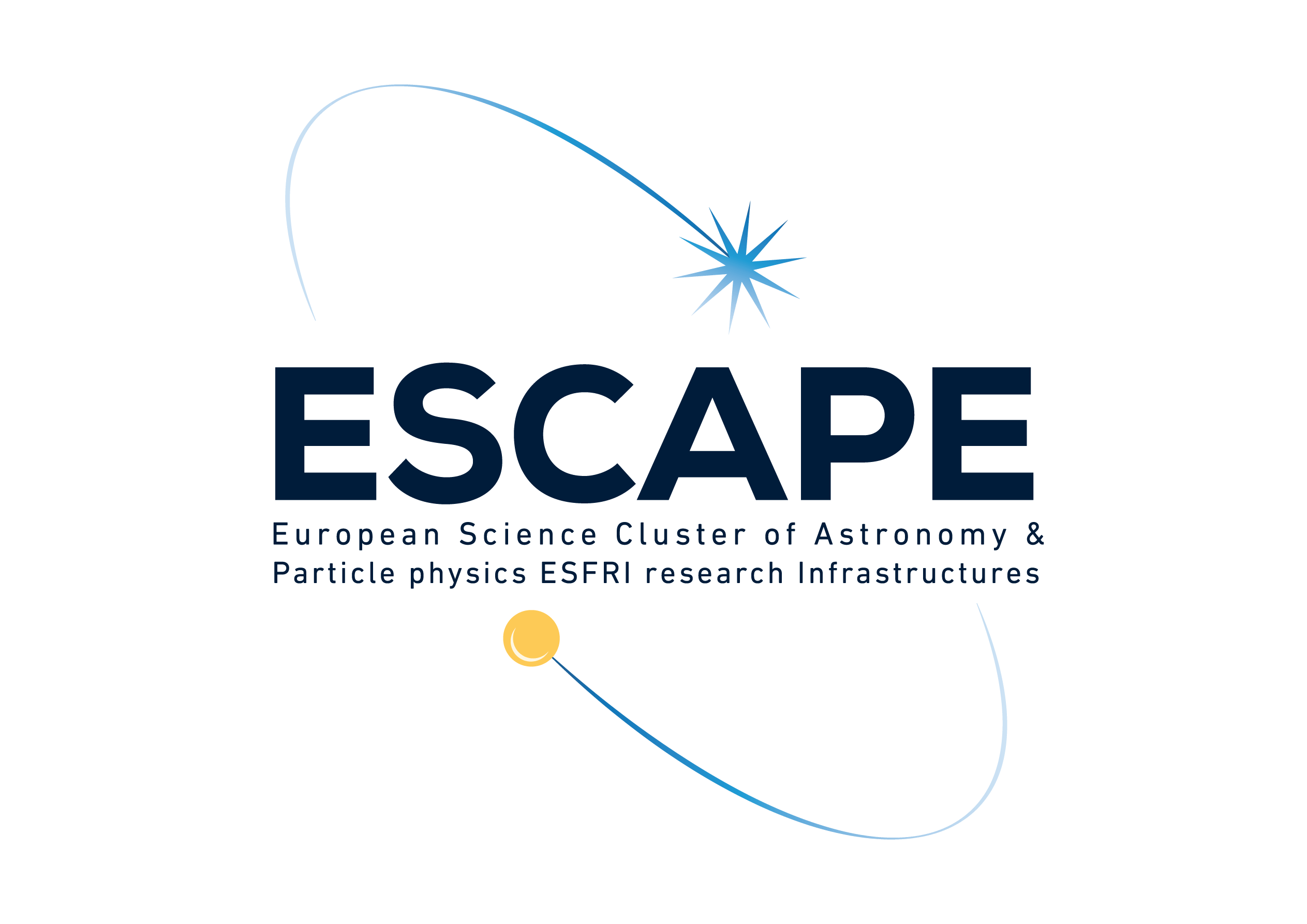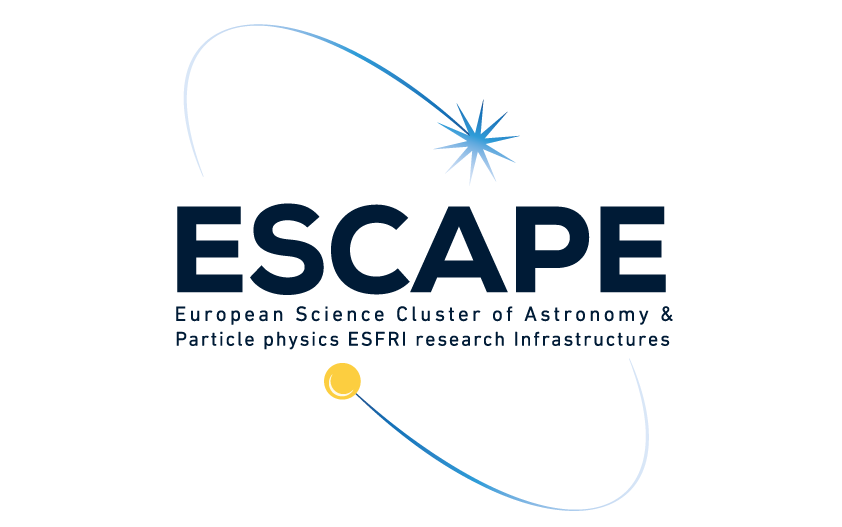

Institution: Instituto de Astrofísica de Andalucía (IAA-CSIC), Granada, Spain
Email inquiries: lourdes@iaa.es, sse@iaa.es
Description
The AMIGA (Analysis of the interstellar Medium of Isolated Galaxies) group[1] is leading the development of a Square Kilometre Array (SKA) Regional Centre (SRC) prototype at the IAA-CSIC, and is looking for outstanding candidates to jointly apply for an up-to 3-year Software Engineer position for an IAA internal call. Since applications should be made jointly with the AMIGA research group, we recommend potential candidates to get in contact well before the deadline.
Applications: Interested candidates should send an email to lourdes@iaa.es (cc to sse@iaa.es) including their CV, a brief cover letter (max. 2 pages) stating the motivation for their application to this position and their suitable background, as well as the contact email of 2 reference persons.
Deadline: 14th January 2020. Full consideration will be given to all applications submitted before the deadline, but the position will remain open to applicants until it is filled.
Equal Opportunities: CSIC is a public research organisation in which the right to equality and gender non-discrimination is preserved, while promoting the conditions to real and effective equality of the individuals. Everyone is encouraged to apply.
The Square Kilometre Array (SKA, [2]) is a radiotelescope that, once completed, will be the largest scientific infrastructure on Earth. SKA will be the world’s largest generator of scientific data (reaching exa-bytes data rates), thus posing a challenge in the extraction of scientific knowledge, while being driver of technological development in areas such as Big Data. It is expected that SKA will approximately distribute 600 PB/yr of Observatory data products among a network of SKA Regional Centres. The Centres will provide access to the SKA community to data products, tools and processing power to generate and analyse advanced data products.
The IAA SRC prototype will need to prepare for providing access to SKA science data products via a portal, as well as the tools and processing power required to fully exploit their science potential, in partnership with HPC facilities, and integrated in the future network of the SKA Regional Centres. To fulfil these aims it is necessary to setup a testbed able to support analysis of data from precursors and pathfinder telescopes. Those will play a crucial role for identifying bottlenecks and preparing for the Big Data challenges following Open Science and FAIR principles[3].
Duties and Responsibilities
The AMIGA team is looking for candidates capable of contributing to several of the following tasks:
- Deploy science domain tools on the protoSRC platform
- Identify tools that enable scientific reproducibility / Open Science and deploy them on the protoSRC platform
- Develop tools for sharing/publishing data and methods according to the Open Science principles (e.g. services for accessing data according to Astronomy Virtual Observatory standards).
- Provide support and training workshops on how to access and use the services offered by the protoSRC
Qualifications
The successful candidate must hold a BSc degree in Computer Science or related fields (e.g. Physics, Mathematics). We are looking for a candidate with the ability to adapt to challenges and changes, and who is capable of listening and communicating effectively with others in both English and Spanish.
The ideal candidate will have experience in several of these aspects:
• Virtualisation tools (virtual machines and containers)
• Cloud infrastructures (based on OpenStack)
• Science Gateways
• Jupyter Notebooks
• Astrophysics domain software
• Software development in Python
• Development of web services and web applications
The call and further background information on the SKA and the team can be found in this link:
http://amiga.iaa.es/p/402-Software-engineer-job.htm
---
[1] The AMIGA team is leading the development of an SRC at IAA-CSIC and participates in SKA at three levels:
- Scientific level: AMIGA science is aligned with 3 out of the 12 High Priority Goals of SKA, on the study of the atomic gas (HI) and magnetic fields in galaxies.
- Coordination level: The AMIGA PI (Lourdes Verdes-Montenegro) coordinates the Spanish participation in the SKA project (since 2011) and was appointed by the Ministry as the Spanish representative in the SKA Regional Centre Steering Committee.
- Technological level: AMIGA has contributed to the design of the SKA Science Data Processor and is a member of the H2020 project AENEAS, focused on the design of a federated network of European SKA Regional Centres (SRCs). In addition, the AMIGA team is active in the area of scientific reproducibility and is contributing to a set of Open Science principles to be incorporated into the design of SKA and the SRCs. In particular, it participates in the H2020 project ESCAPE, focused on addressing the Open Science challenge shared by the Astronomy and Particle Physics ESFRI infrastructures, including SKA.
[2] The Square Kilometre Array (SKA) is an international effort, classified as a Landmark within the ESFRI roadmap since 2016. The SKA-related efforts involve more than 1000 scientists and engineers from 20 countries and 270 institutions across 5 continents, sharing the goal of building a multi-purpose radio-observatory operating at centimetre and metre wavelengths that will be the largest scientific infrastructure on Earth. The SKA radio interferometer has the potential to make revolutionary contributions to Astrophysics, Astrobiology, and Fundamental Physics.
[3] The FAIR Guiding Principles for scientific data management and stewardship:
https://www.nature.com/articles/sdata201618. See "F","A","I","R" list.
Views
20,430

